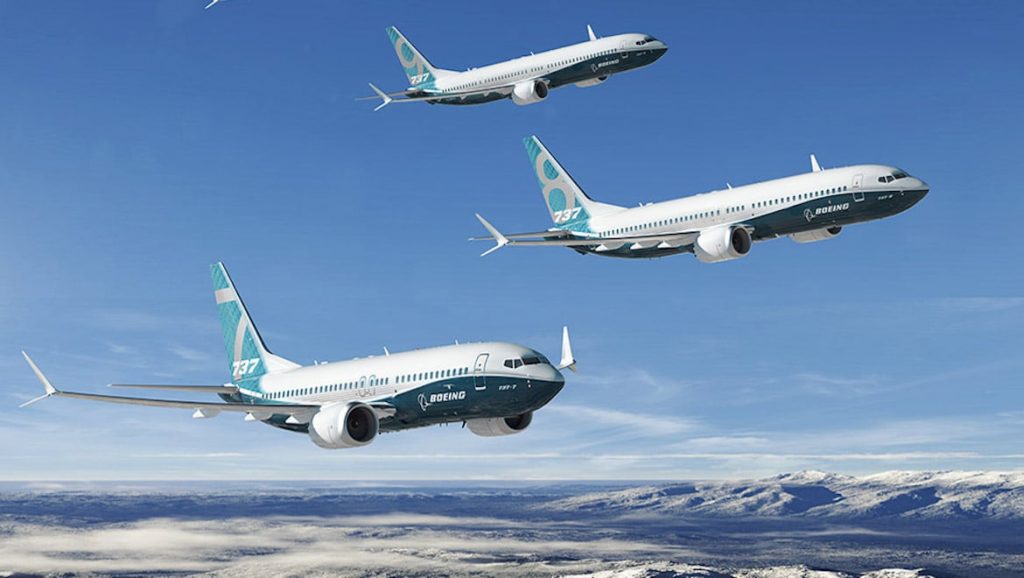
Canadian regulator Transport Canada has said it will reform the way it validates aircraft, and take a harder look at the relationship between regulators and the manufacturers they oversee, in light of the Boeing 737 MAX fiasco.
Transport Canada’s director of civil aviation, Nicholas Robinson, said the regulator would “have to look at the interaction that different authorities have with their manufacturers” during a Canadian hearing on aircraft certification and the MAX disasters.
Canada remains close to providing the beleaguered jet with the official green light to resume operations after a 20-month stand down, following the US Federal Aviation Administration’s clearing earlier this month.
The Canadian regulator is reportedly hoping to introduce additional measures on top of those imposed by the FAA, including further training, before it recertifies the aircraft for commercial use.
To date, international aviation regulators would usually promptly follow the guidance of the FAA over Boeing aircraft, however many are now wary of seeming to toe the FAA line after the US agency was faulted for lax oversight.
“It’s public record that information was not forthcoming with regard to particular aspects of this aircraft,” Robinson said. “That will have to change.”
The ability of regulators to co-operate is crucial in a sector spanning dozens of jurisdictions across the globe.
Having a regulator such as the FAA do the heavy lifting to certify US planes reduces costs and saves time, because agencies abroad can validate the results without having to duplicate them.
This process could change into the future, even after US lawmakers moved to introduce widespread changes in US aircraft certification processes in order to reduce oversight and corruption.
Robinson said that while Transport Canada, which spent about 15,000 hours in its independent validation of the MAX jet, expects to play a greater role in overseeing aircraft in the future, it does not intend displace the existing system,
“We’ll see a greater involvement in validation, but we do have to keep with the system where the state of design certifies the aircraft and the other leading authorities go ahead and validate the aircraft independently,” he said.











